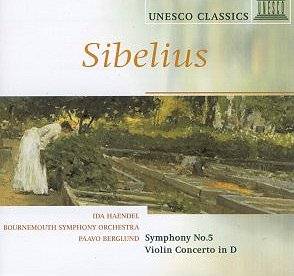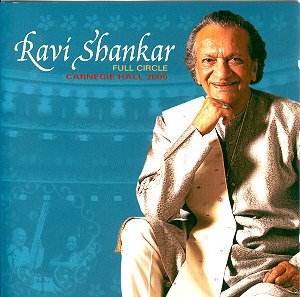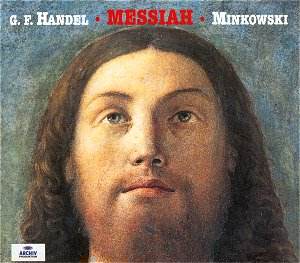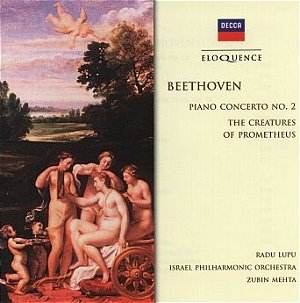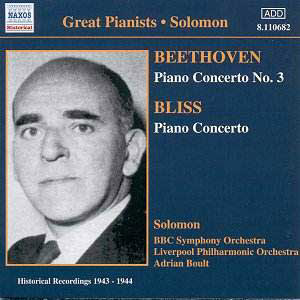 Composer: Ludwig van Beethoven
Composer: Ludwig van Beethoven
Works: Piano Concerto No. 3; Arthur Bliss, Piano Concerto
Performers: Solomon, piano; BBC Symphony Orchestra (Beethoven); Liverpool Philharmonic Orchestra (Bliss); presumably Henry Holst, violin
Recording: Recorded 1943-44
Label: NAXOS HISTORICAL 8.110682
The recording of Beethoven’s Piano Concerto No. 3 and Arthur Bliss’s Piano Concerto, featuring the legendary pianist Solomon, represents a remarkable confluence of historical significance and artistic integrity. Beethoven’s C Minor Concerto, composed in 1800-01, stands as a pivotal work in the piano concerto repertoire, evoking a dramatic interplay between soloist and orchestra that foreshadows the Romantic concerto tradition. Conversely, Bliss’s concerto, premiered in 1939, reflects a distinctly 20th-century sensibility, merging hyper-Romantic themes with contemporary orchestral textures. This recording, made during the tumultuous years of World War II, not only captures the artistry of Solomon but also serves as an aural document of the resilience of classical music during a time of uncertainty.
Solomon’s interpretation of Beethoven’s concerto is both commanding and introspective. From the outset, the juxtaposition of the robust orchestral opening and his entrance at 4:50 reveals a pianist of profound rhythmic acuity and tonal sophistication. One cannot help but admire how Solomon balances his hands with an innate understanding of the score’s inner workings, revealing the structural integrity of Beethoven’s writing. The BBC Orchestra, although war-depleted, delivers crisp attacks, particularly evident in the woodwinds, which provide a vivid contrast to the strings. The choice of the Clara Schumann cadenza—a decision rooted in tradition—adds a layer of historical authenticity to Solomon’s performance, while his phrasing in the second movement emerges with a simplicity that transcends mere technical prowess. This quality is emblematic of his artistry, where emotional honesty reigns over empty bravura, reinforcing the lyrical essence of Beethoven’s music.
Transitioning to Bliss’s Piano Concerto, one hears the palpable chemistry between Solomon and the Liverpool Philharmonic Orchestra under Adrian Boult. The concerto’s hyper-Romantic language poses no challenge for Solomon, whose command of the virtuosic passages is remarkable. The orchestral colors, particularly the contributions from woodwinds and strings, provide a rich backdrop for Solomon’s expressive playing. The first movement’s rhythmic complexities are navigated with assurance, while the second movement showcases his ability to blend fast and slow sections, evoking a chamber-like intimacy amidst the orchestral fabric. Boult’s sensitive conducting allows for a nuanced conversation between piano and orchestra, particularly in the lyrical exchanges that characterize the second movement.
The recording quality of this Naxos release is commendable, with a clarity that highlights the distinct timbres of the orchestral instruments and the piano’s resonant voice. One might compare this performance with Solomon’s later recordings of both concertos, which, while polished, lack the raw emotional intensity captured here. The historical context of these performances adds an additional layer of significance, marking a period when music served not only as entertainment but also as an expression of hope and resilience.
This recording offers a compelling union of two contrasting yet complementary works, showcasing Solomon’s artistry and the orchestral prowess of the BBC Symphony and Liverpool Philharmonic. It is a testament to the enduring power of Beethoven and Bliss, illuminating their respective musical legacies through a performance that is as intellectually engaging as it is emotionally resonant. The thoughtful presentation and excellent sound transfer make this disc an essential addition to both the collector and the casual listener’s library.
Highly recommended for those seeking an authentic and masterful interpretation of these pivotal works.
